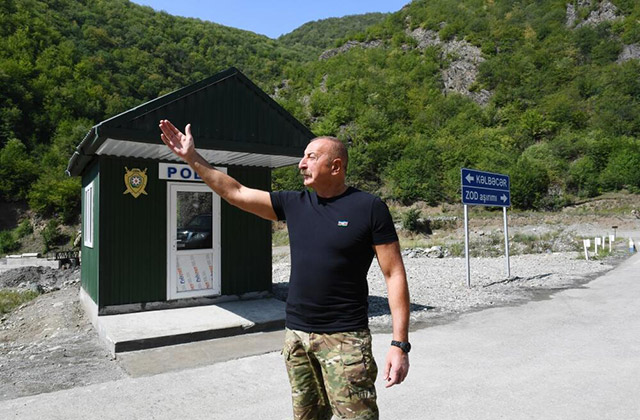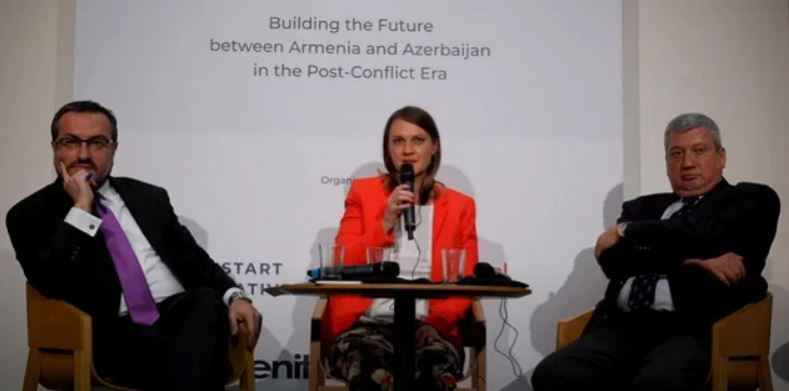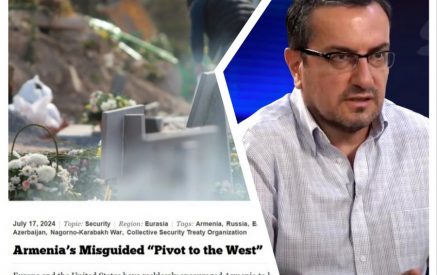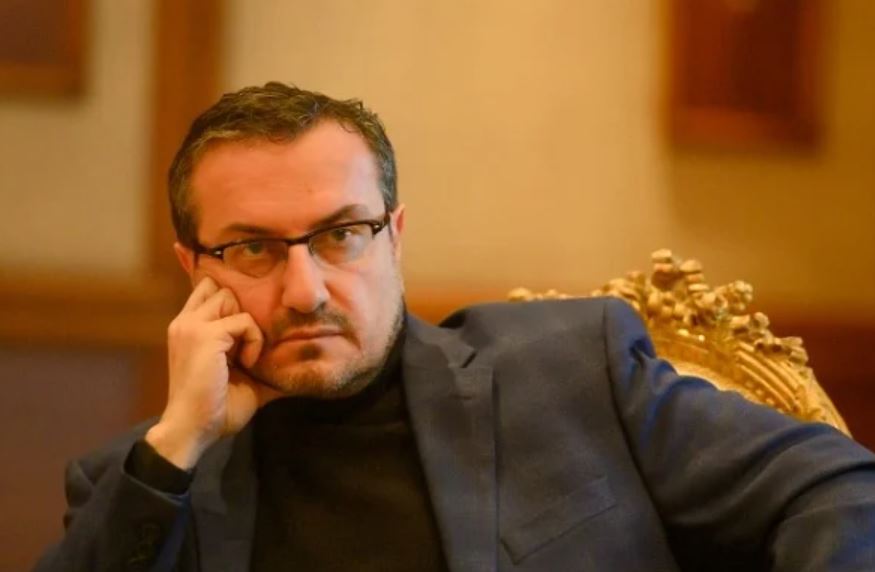“I want to talk about the differences between the ceasefire agreement and the peace agreement,” Arman Grigoryan, Doctor of Political Science and Professor at Lehigh University in the USA, expressed his opinion during the discussion on “One Year Later: Building the Future of Armenia and Azerbaijan in the Post-Conflict Era.” It should be noted that former Azerbaijani Foreign Minister Tofik Zulfugarov took part in the debate with Arman Grigoryan.
Arman Grigoryan noted that after the signing of the ceasefire agreement, it seemed that we hoped that it would be the end of the enmity between Armenia and Azerbaijan, but it did not happen. He explained, “Sustainable peace is when the parties to the conflict have a positive attitude and signals to maintain that peace.”
He spoke about the obstacles that may arise on the way to maintaining lasting peace and noted, “Obligatory, unilateral steps can be an obstacle, and when the country cannot say ‘no’, it has to accept the demands.” According to the political scientist, of course, the conflict is quite difficult, but the war and escalation creates a new enmity, a feeling of hatred, and a desire for revenge. According to him, the political elites of Armenia and Azerbaijan should be careful not to inject such moods into their societies.
Read also
In this regard, Arman Grigoryan mentioned the rhetoric of the President of Azerbaijan Ilham Aliyev and said, “I think the so-called elites of both countries have not done much in this direction on this occasion. But I am especially surprised by the statements of the government of Azerbaijan and President Aliyev, which seem to be made to humiliate Armenia and the government of Armenia. In any case, such statements do not contribute to the establishment of peace.”
According to Arman Grigoryan, there are people in both Armenia and Azerbaijan who are willing to continue the conflict in their personal and professional aspirations, but according to him, those people should understand that this is not only a sensory issue, but also political and economic.
Arman Grigoryan also touched upon the role of the third party in the conflict, noting that he is concerned about the idea that the responsibility for resolving the conflict and ensuring peace lies with the third party. According to him, this mentality is a serious obstacle. “I have argued with many about it, saying that it is not just a third-party issue. Moreover, sometimes with the involvement of third parties, that party is more interested in its own self-interest than in peace. This problem is common in mediation missions typical of conflicts.”
Tatev HARUTYUNYAN






















































